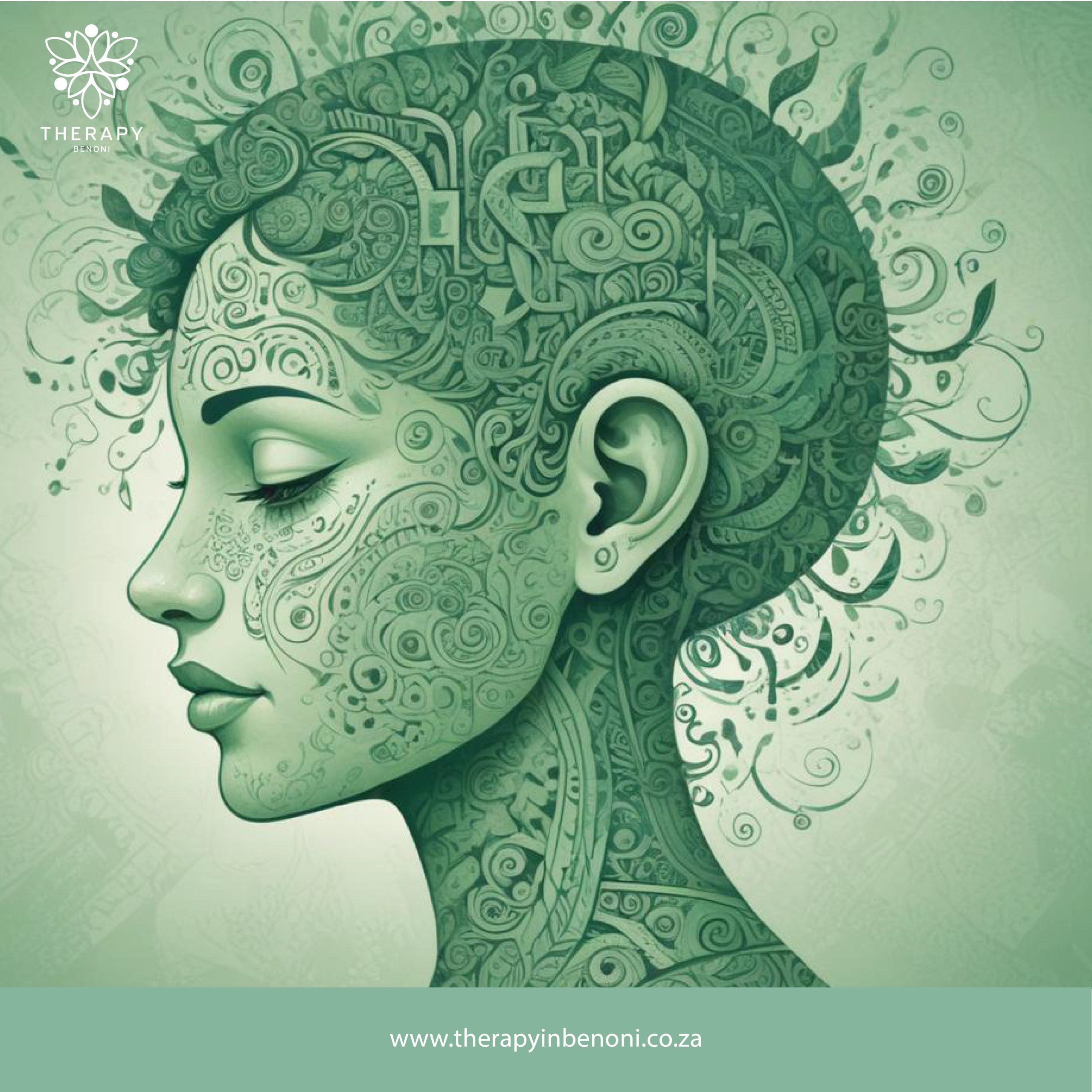Understanding Adolescent Depression in Benoni: Key Signs and Causes
Adolescent Depression Therapy in Benoni
Adolescent depression can manifest in various signs such as persistent sadness, withdrawal from social activities, and unexpected behavioral changes. Symptoms are critical to detect early for effective intervention. Understanding these signs can lead to timely and appropriate therapy.

Common Causes of Adolescent Depression
Several factors contribute to adolescent depression, including genetic predisposition, environmental stresses, and social challenges. Family history, school-related stress, and peer pressure can be significant triggers. Recognizing the causes helps in tailoring specific treatments.

Approaches to Treating Adolescent Depression in Benoni
Treatment options typically involve a combination of therapy and sometimes medication, depending on the severity. Cognitive Behavioral Therapy (CBT) and interpersonal therapy are popular and effective methods. Local therapists focus on providing support tailored to the adolescent’s unique needs.
The Importance of Early Detection
Effectively integrating therapy into the adolescent’s daily routine is crucial for the treatment’s success. Consistent therapy sessions, along with support at home and school, ensure comprehensive care. Therapy becomes a part of the daily structure, which helps in managing symptoms effectively.


Challenges in Treatment and How to Overcome Them
Adolescents may face various challenges during their therapy, such as reluctance to participate or fluctuating symptoms. Overcoming these challenges requires flexibility in therapy approaches and consistent support from family and therapists. Creating a trusting environment is key.
Adolescents may face various challenges during their therapy, such as reluctance to participate or fluctuating symptoms. Overcoming these challenges requires flexibility in therapy approaches and consistent support from family and therapists. Creating a trusting environment is key.

Monitoring Progress and Adjustments in Therapy
Regular tracking of progress and making necessary adjustments in therapy are vital. This adaptive approach ensures that the therapy remains effective and responsive to the adolescent’s changing needs. Continuous assessment helps in fine-tuning the treatment plan.
Educational and Social Support During Therapy
Educational support and social integration are important during therapy. Schools play a crucial role in providing a supportive environment and accommodations if necessary. Social activities should be encouraged to maintain normalcy and support emotional health.


Counseling for Families and Caregivers
Families and caregivers also need counseling to better support the adolescent. Understanding depression and learning how to effectively assist during recovery are crucial. Family therapy sessions can be beneficial to improve the home environment.
Impact of Therapy on Academic and Social Life
Effective therapy positively impacts the academic performance and social life of adolescents. Improved mood and better emotional regulation often result in enhanced school performance and healthier social interactions. Therapy helps in rebuilding confidence and social skills.

Managing adolescent depression often requires a long-term approach. Continued support and occasional therapy sessions may be necessary. Establishing a long-term management plan is essential for sustaining improvements and preventing relapse.
Innovations in Depression Therapy Techniques
The field of adolescent depression therapy is constantly evolving. Innovations include new pharmacological treatments and enhanced therapeutic techniques. Continuous research is vital for developing more effective and less invasive treatment options.

Digital tools such as apps and online therapy sessions have become integral in treating adolescent depression. These tools provide accessible resources and ongoing support. They enable consistent monitoring and can enhance traditional therapy methods.

The Future of Adolescent Depression Therapy
The future of adolescent depression therapy looks promising with advancements in medical and psychological research. Personalized therapy plans based on genetic and environmental factors are becoming more prevalent. This tailored approach aims to improve treatment outcomes significantly.
Testimonials and Success Stories
Sharing testimonials and success stories can be inspiring for other adolescents and their families. These stories demonstrate the effectiveness of therapy and provide hope. They also highlight the resilience of young individuals and the support of dedicated therapists.
Raising Awareness About Adolescent Depression
Raising awareness about adolescent depression is essential to destigmatize the condition. Increased public understanding helps in early detection and intervention. Promoting mental health education in schools and communities can lead to better support systems.
